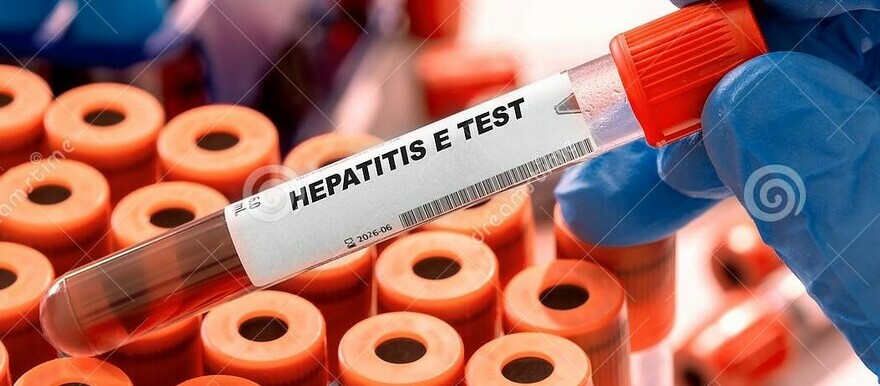The Ministry of Health (MoH) in Abyei declared an outbreak of Hepatitis E Virus (HEV) on Wednesday following a surge in confirmed cases among refugees and returnees from Sudan.
Dr Deng Arop Mading, the Minister of Health in Abyei Special Administrative Area, said in a statement that officials confirmed an increase in Hepatitis E cases after monitoring trends closely, particularly among those arriving from Sudan.
“Between May 30 and July 14, 2024, Abyei recorded 14 suspected cases of HEV, all of which tested positive on Rapid Diagnostic Tests (RDT),” reads a ministry statement.
“Further testing at the National Public Health Laboratory in Juba revealed three confirmed positive cases through Polymerase Chain Reaction (PCR), one rejected case, and one negative result.”
The outbreak has resulted in three deaths, marking a case fatality ratio (CFR) of 21.4%. Among the deceased were two pregnant women, highlighting the vulnerability of certain demographics to the disease, according to the statement.
Dr Mading stated that immediate measures were being taken to address the outbreak.
“This is a matter of urgent public health concern,” he added.
In response to the outbreak, health officials and partners convened an emergency meeting to strategize on containment and treatment measures. A multi-sectoral assessment conducted in northern Abyei identified Abyei Jongyom and Amiet as areas with a significant epidemiological distribution of HEV cases.
Hepatitis E is a liver infection caused by the Hepatitis E virus, primarily transmitted through contaminated water. Symptoms include jaundice, fatigue, nausea, and fever, and can be particularly dangerous for pregnant women.
Health authorities are urging residents to take precautions, including ensuring access to safe drinking water, and practising good hygiene to prevent further spread of the virus.




